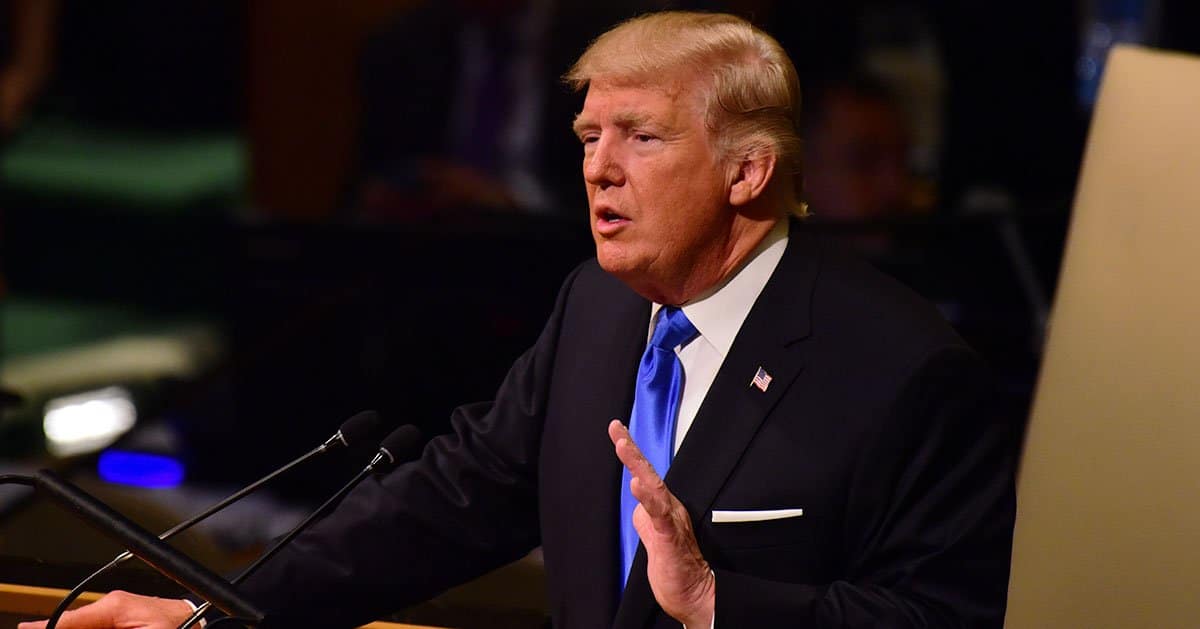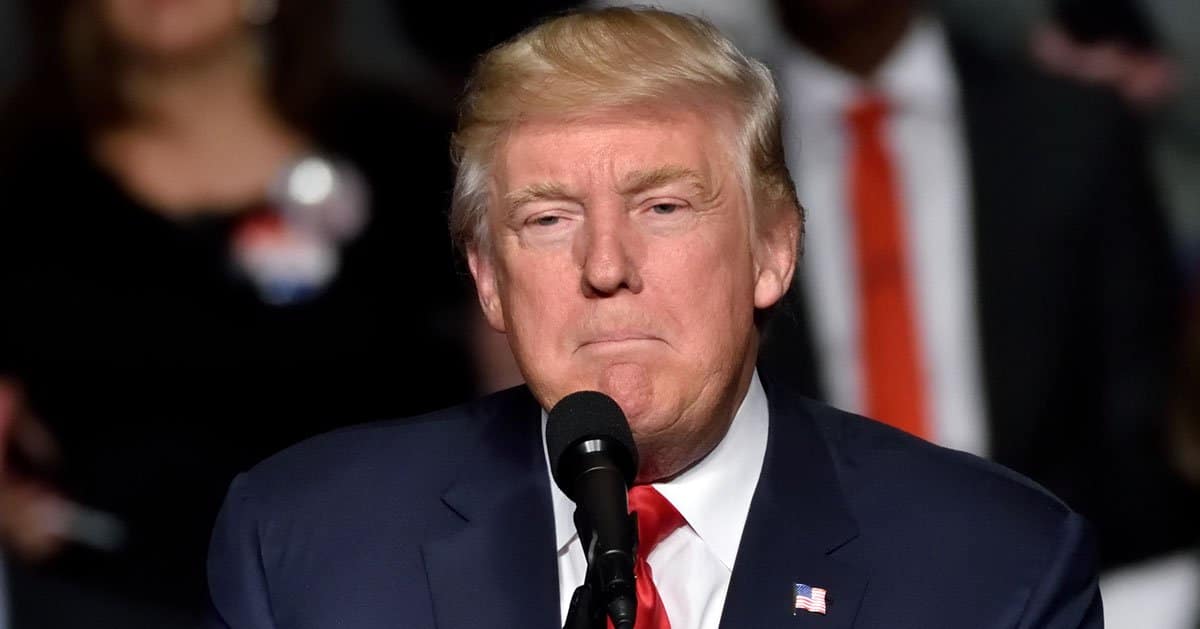Fox News reported that Senators Josh Hawley, Gary Peters, Jeff Merkley, and Jon Ossoff announced a collaborative agreement on a new legislative measure aimed at preventing conflicts of interest within the halls of Congress.
This bill seeks to reinforce the ethical standards governing the personal financial activities of lawmakers.
The proposed legislation, rooted in earlier efforts by Senator Merkley, would not only restrict stock trading but also mandate a complete divestiture from certain investments by Congress members. This initiative is a response to growing concerns over potential conflicts of interest that could influence legislative decisions.
Detailed Provisions of the New Ethics Legislation
Initially, the legislation will immediately halt any new stock purchases by Congress members. This immediate effect is designed to swiftly curb the potential for financial conflicts. Furthermore, lawmakers will face a tight deadline, with only 90 days post-enactment to divest from their existing stock holdings.
By March 2027, the regulations will expand to include the immediate family of the lawmakers, such as spouses and dependent children, prohibiting them from holding or trading stocks that could pose a conflict of interest.
The legislation ensures a uniform standard of financial conduct for all top federal officials, including the President and Vice President, who are also required to divest from conflicting investments by the same deadline.
Senators Hawley, Peters, Merkley, and Ossoff have emphasized the importance of strict enforcement mechanisms within the bill. Non-compliance with the trading ban would result in severe penalties, potentially costing an official their monthly salary or 10% of the illicit investment's value, whichever is greater.
Moreover, the bill seeks to strengthen the penalties for failing to report financial activities under the existing Stock Act. The fine for non-reporting will increase from $200 to $500, an amendment aimed at bolstering transparency and accountability among federal officials.
Voices from the Senate: Strong Support for Ethics Reform
Senator Josh Hawley has been vocal about his stance, stating, "Congress should not be here to make a buck, Congress should be here to serve the people." His comments reflect a widespread sentiment among supporters of the bill that personal gain should not overshadow public service.
Senator Gary Peters added, "The public should be confident that federal elected officials are making decisions that are in the best interests of the American people, not their own personal finances." This perspective is shared by his peers, who advocate for the bill as a necessary step to restore public confidence in federal governance.
The bill is scheduled for a markup in the Senate Homeland Security and Governmental Affairs Committee on July 27.
While this is a significant step toward its adoption, the legislation's future on the Senate floor remains uncertain. There are no guarantees it will receive a vote, despite the bipartisan support it has garnered thus far.
Public reaction to the proposed changes has been broadly positive, with many seeing it as a crucial reform to ensure that lawmakers' decisions are not influenced by personal financial interests.
Senator Jon Ossoff, reflecting on his long-term efforts to push for such reforms, noted the strong support from his constituents in Georgia who believe that "Members of Congress should not be playing the stock market while we make Federal policy."
Conclusion
The bipartisan legislation represents a significant step towards tightening ethics rules in Congress.
By restricting stock trading and imposing stringent penalties for non-compliance, the bill aims to eliminate conflicts of interest and enhance public trust in government.
Senators involved in the bill's drafting and support have expressed a united front on the need for these reforms, highlighting their potential to make federal governance more transparent and aligned with the interests of the American public.















